ISPs to Court: Net Neutrality is a Major Question
The battle hinges on FCC authority to turn ISPs into common carriers.
Jake Neenan

WASHINGTON, Oct. 3, 2024 – Internet service providers looking to get net neutrality rules scrapped took one more chance to sway judges Wednesday ahead of oral arguments. They hit familiar points, including the Supreme Court’s major questions rule.
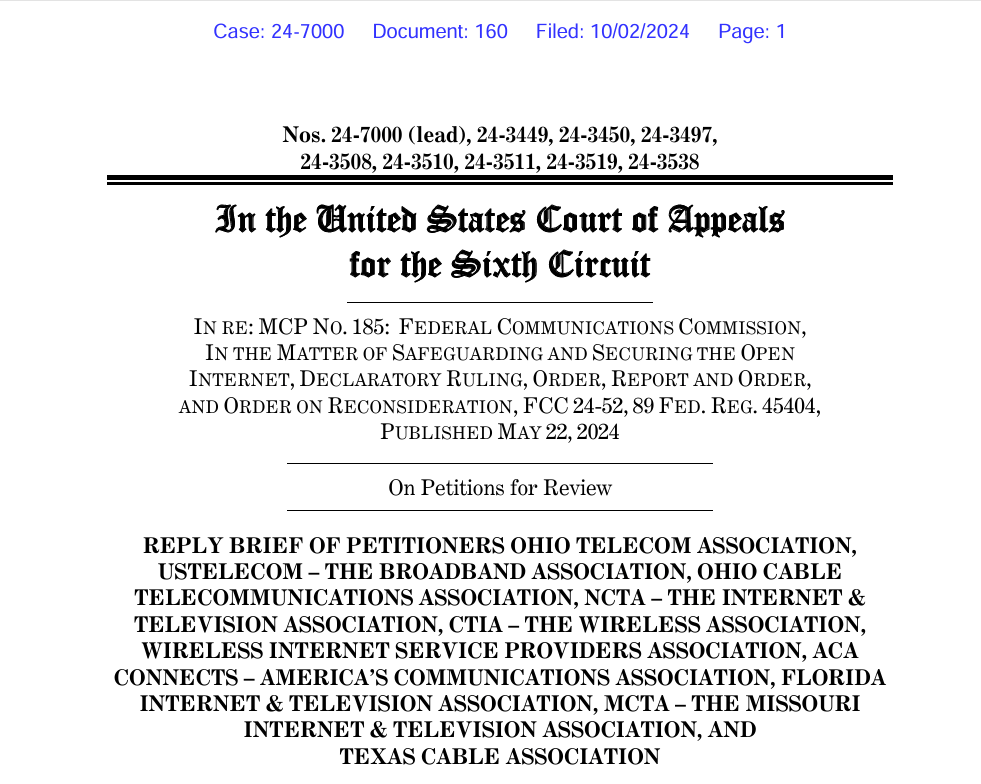
Reply Brief of ISPs in Net Neutrality Lawsuit
The Federal Communications Commission is trying to keep alive its April order reclassifying broadband as a Title II service under the Communications Act, subject to more stringent FCC oversight. ISPs convinced the Sixth Circuit to put the rules on hold in August, and oral arguments are scheduled for Oct. 31.
“[T]he [FCC] says that the major-questions doctrine cannot preclude it from classifying broadband. That is true but irrelevant,” the broadband trade groups said in a brief Wednesday filed by attorney Jeffrey Wall at Sullivan & Cromwell. “[ISP] petitioners do not dispute that the [FCC] may classify interstate communications services, including broadband. [ISP] petitioners’ point is that the [FCC] made the wrong classification, including because it incorrectly believed that the major-questions doctrine did not apply.”
Sixth Circuit judges have been receptive to the industry’s argument that the major questions doctrine precludes the agency from reclassifying broadband as a Title II service, writing in the stay order that the trade groups were “likely to succeed on the merits” with that argument. The rule, set out by the high court in 2022, blocks agencies from deciding policy questions of “vast economic and political significance” without explicit authority from Congress.
The agency and consumer groups intervening on its behalf have said the rule doesn’t apply, both because net neutrality doesn’t meet the economic significance prong – it’s gone unmentioned in ISP earnings calls since the rulemaking began – and because the technology fits within the Title II telecom service definition.
FCC lawyers argued last month that the email and web hosting services that came packages with older broadband subscriptions put the product in the much less regulated information service category, something that allows consumers to interact with and publish information online. The absence of those extra offerings in modern plans now make broadband a telecom service, the agency argued, more like pure transmission.
ISPs said Wednesday that internet access is still an information service, by virtue of offering the ability to use the third party services users will access online
“The provision of internet access has always been the core driver of the information-service classification, and that function remains unchanged today,” the trade groups wrote. “Email, news applications, and other add-ons may have provided an additional basis for the information-service classification, but they were the supporting cast, not the lead.”
The panel of judges will be disclosed on Oct. 14, according to Sixth Circuit Clerk Kelly Stephens.




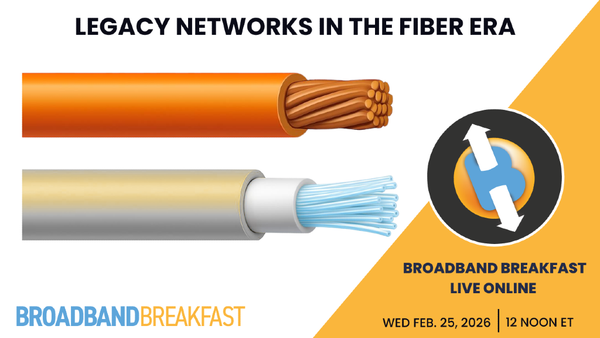
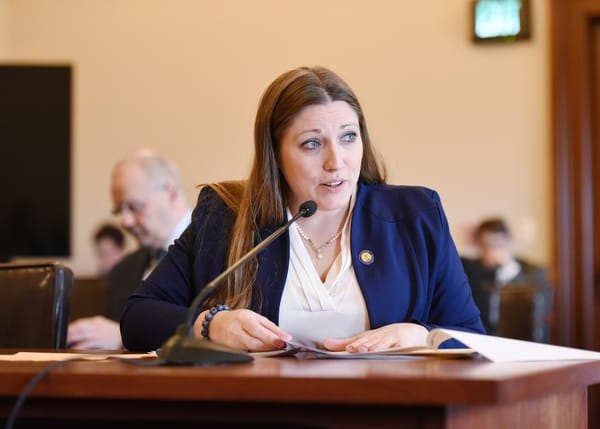
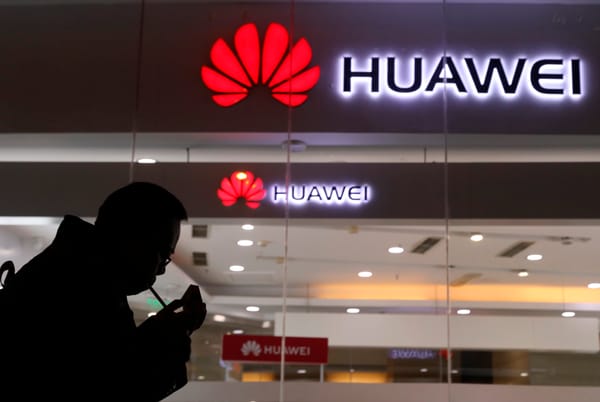



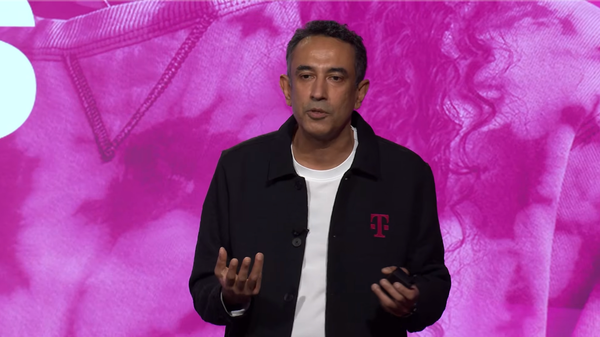
Member discussion